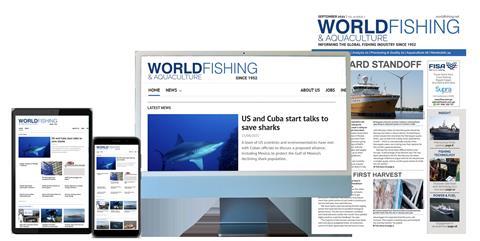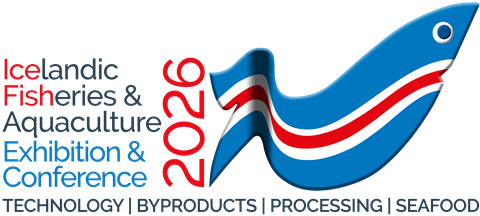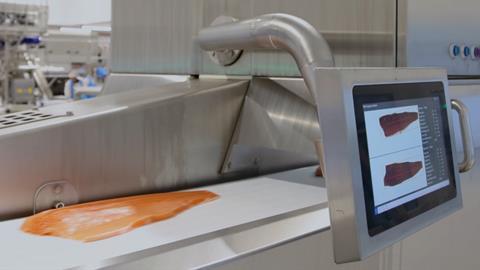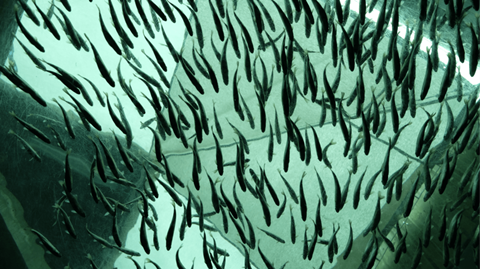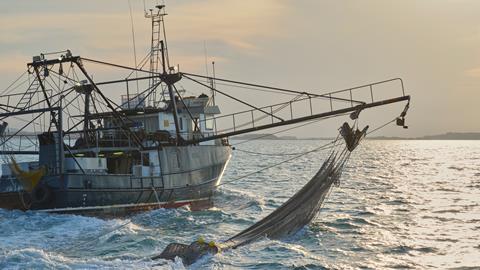Comment – Page 11
-
 News
NewsThere’s more to it than price – reconnecting people and fish
Despite increased efforts, industry hears seafood consumption is falling amid environmental and sustainability concerns
-
 News
NewsEU aquaculture lingers at less than 1.1 million tonnes
But between 2010 and 2022, the value of the region’s aquaculture production increased by around 75%
-
 News
NewsStudy: US reservoirs hold billions of pounds of fish
Better management could aid food security and fisheries conservation
-
 News
NewsUK shellfish, seaweed farms offer valuable habitats for coastal fish
Surveys suggest mussel and seaweed farms could create new feeding grounds for fish of commercial and ecological importance
-
 News
NewsKazakhstan struggles to unlock its aquaculture potential
Despite some progress, the Central Asian country has fallen well short of its ambitious production targets
-
 News
NewsCan aquaculture be sited sustainably at maritime ports?
Spatial planning is key to establishing shellfish and seaweed farms in ports and benefitting local communities and environments, says a new study
-
 News
NewsBlog: Human rights issues in the farmed seafood industry and the role of certification
ASC’s CEO Chris Ninnes looks at what can be done to improve the social performance of challenged seafood supply chains
-
 News
NewsCampaign launched to end destructive fishing in EU protected waters
90% of ‘protected’ waters still targeted, finds new report co-authored by Marine Conservation Society, Seas At Risk and Oceana
-
 News
NewsIcelandic fleet hit by zero capelin catch in March
Total volume of fish and shellfish landed by the Iceland’s fishing fleet fell by almost 200,000 tonnes year-on-year to 60,434 tonnes
-
 News
NewsASC: Consumers need help choosing sustainable seafood
New survey finds the main reasons consumers purchase seafood are because they enjoy eating it, and for its taste and health benefits
-
 News
NewsInvestigation: Chinese vessels abusing crew and fishing illegally in Indian Ocean
Environmental Justice Foundation exposes four deaths which occurred on Chinese vessels between 2017 and 2023
-
 News
NewsInterview: Full fish utilisation – a compelling vision for a sustainable future
100% Fish movement is rapidly expanding its reach thanks to increased industry engagement, Iceland Ocean Cluster Founder Dr Thor Sigfusson tells WF
-
 News
NewsAquaculture: Disease prevention without the chemicals
New innovations can steer fish farms towards more sustainable disease prevention
-
 News
NewsEuropean aquaculture boosted as blue economy investments increase
Due to its strong potential, the sector is seeing an encouraging influx of young companies and a growing share of early-stage financing
-
 News
NewsSalmon Scotland: Brexit annually costing up to £100m in lost exports
Producers of the UK’s largest food export have faced increased red tape and costs following the departure from the EU in January 2020
-
 News
NewsReport: US supermarkets, restaurants selling Indian shrimp produced by forced labour
Despite its huge market share, India’s labour and environmental failings have remained under the radar, says Corporate Accountability Lab
-
 News
NewsFish factories focus on high-tech
There’s unprecedented demand for new, sophisticated equipment as seafood processors look to keep on top of rising global consumption trends
-
 News
NewsSCARA robots support quick, reliable and efficient processing
Efficient handling devices can streamline seafood production lines and increase efficiency while reducing costs, TM Robotics CEO Nigel Smith tells WF
-
 News
NewsCarsoe’s species-flexible systems gain wide appeal
Company’s determination to be a ‘trusted seafood partner’ has been integral to the success of its onboard dual processing solutions
-


